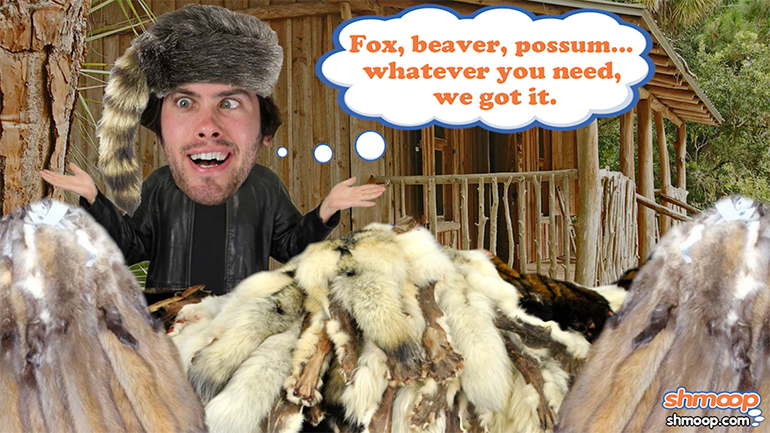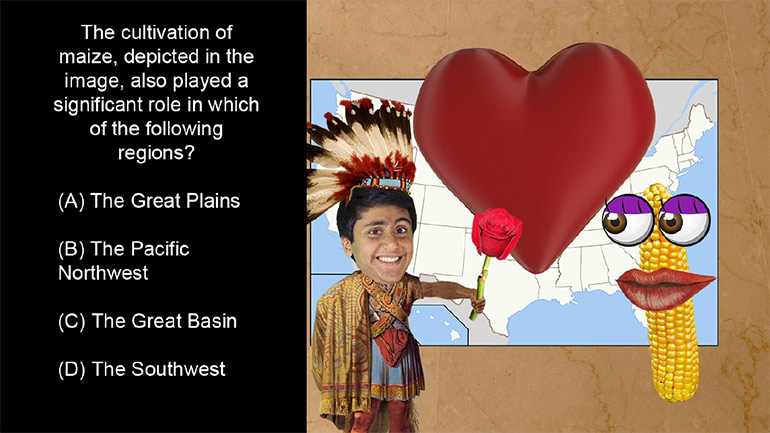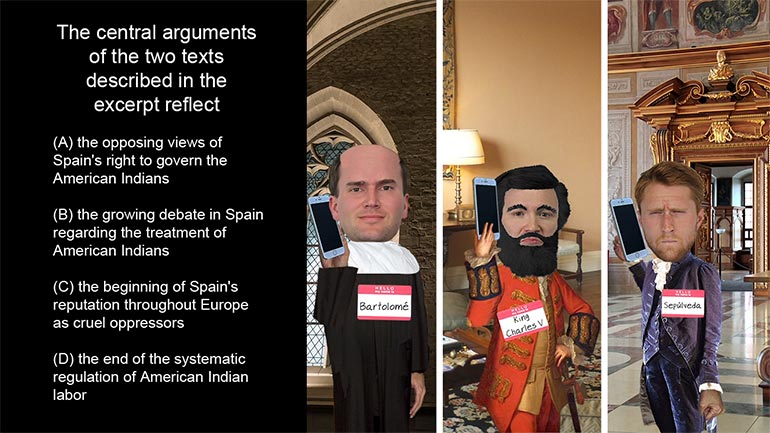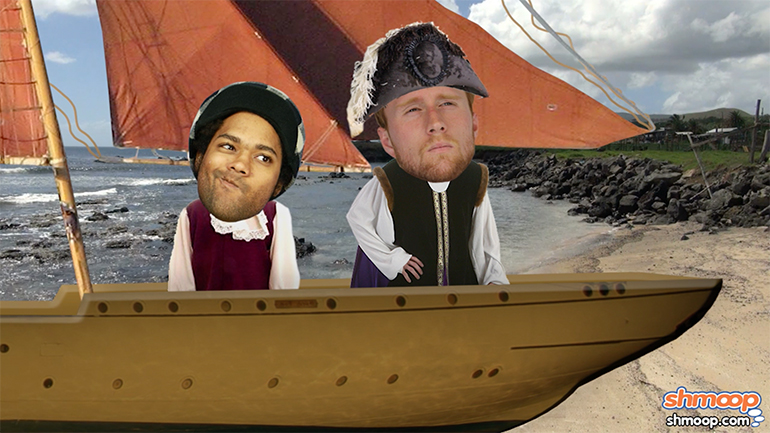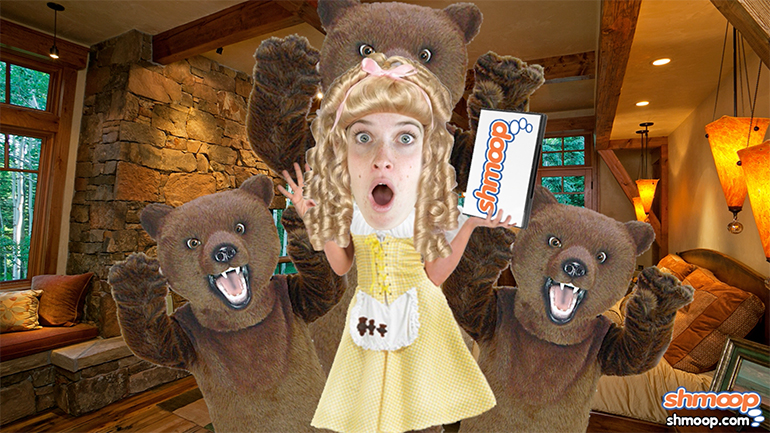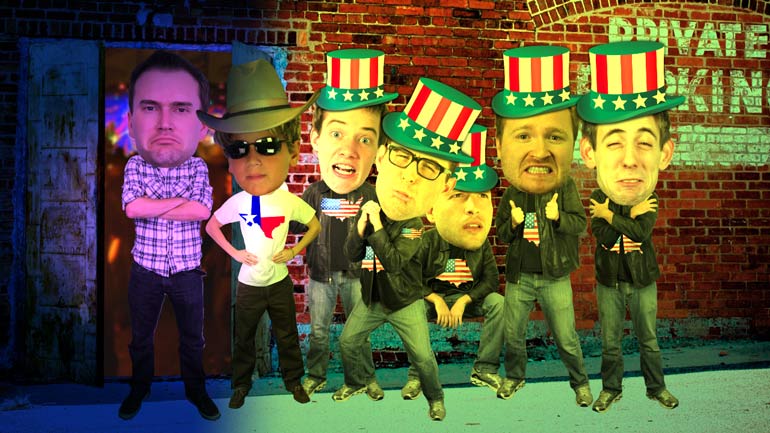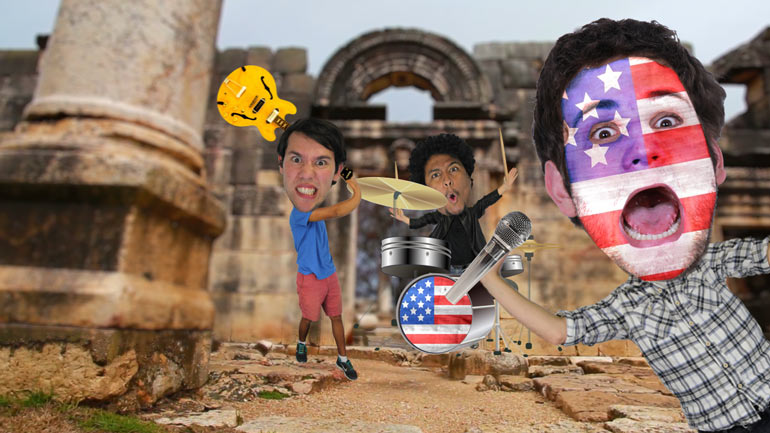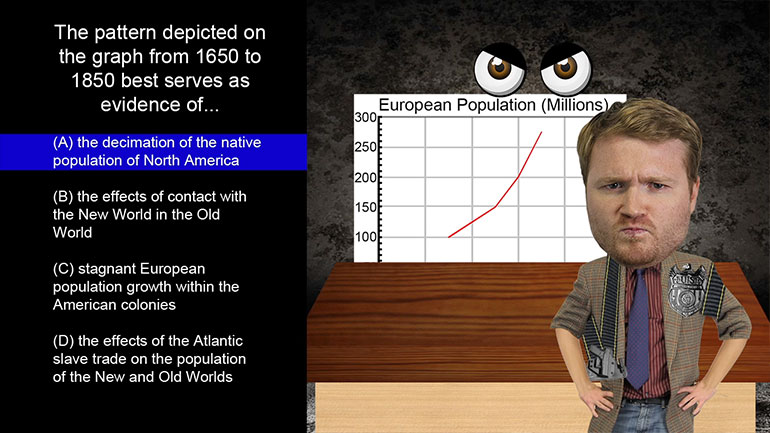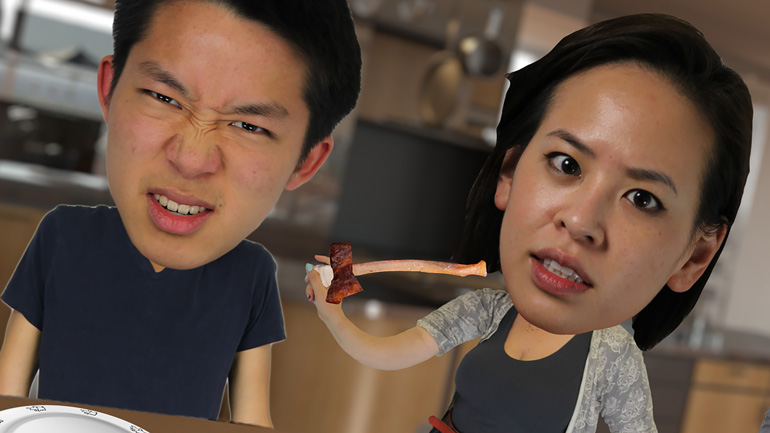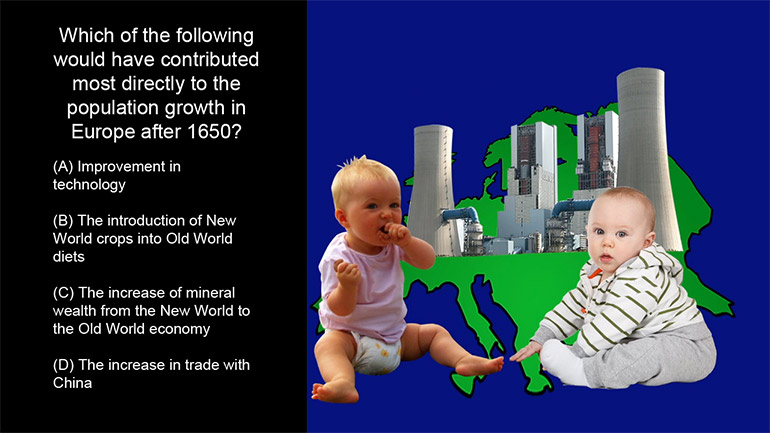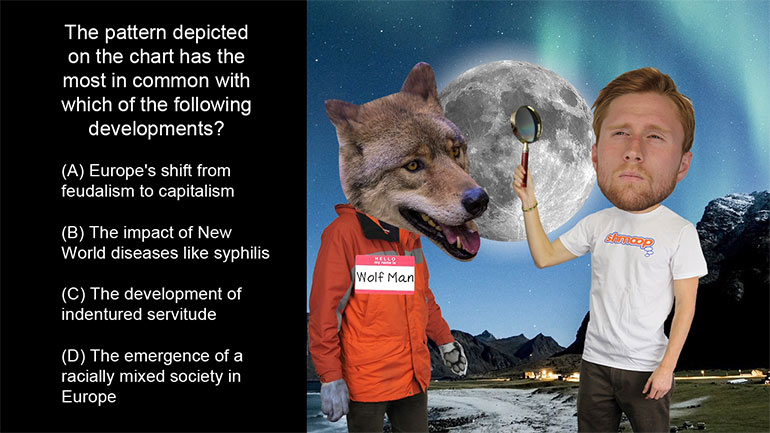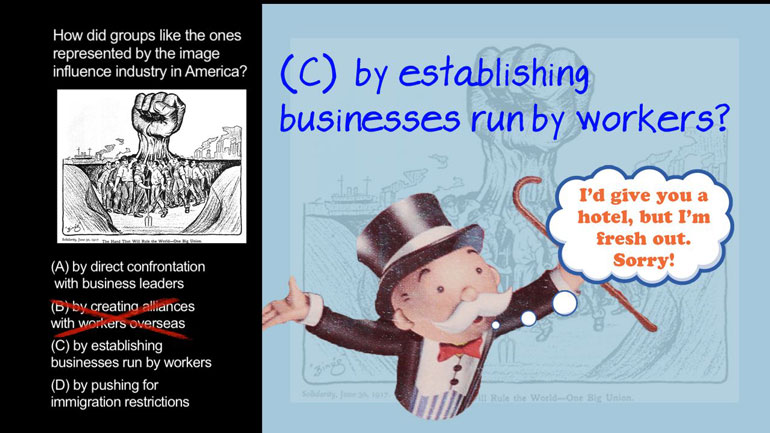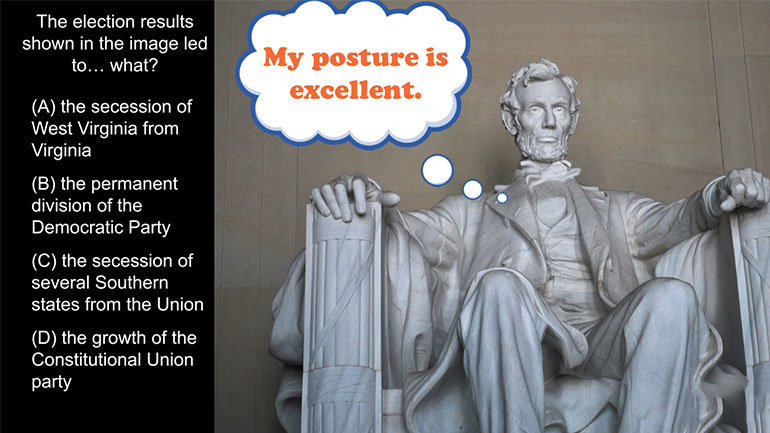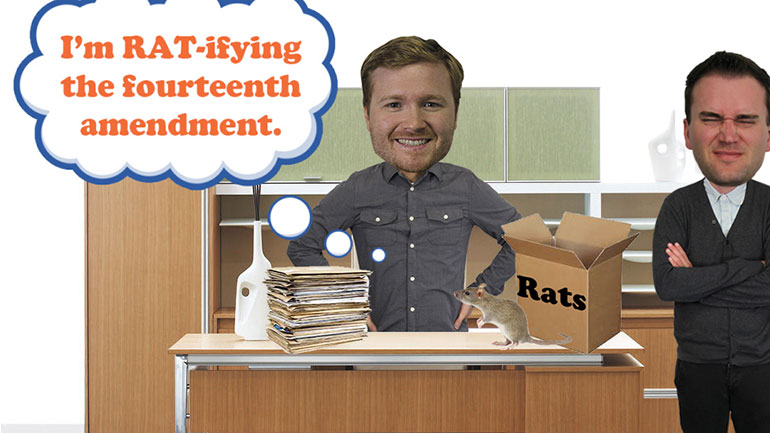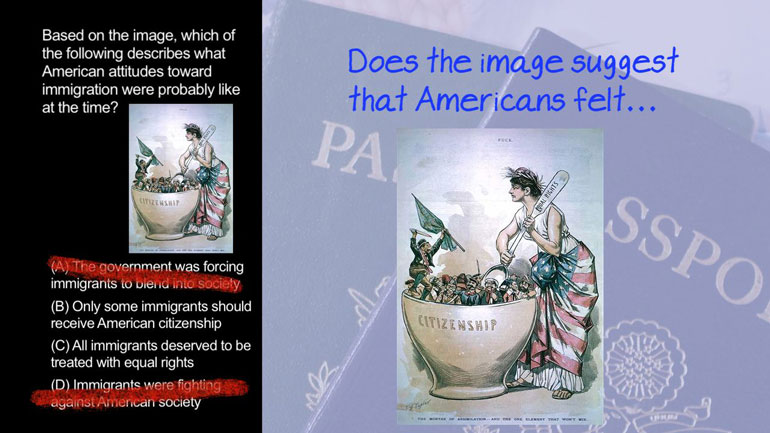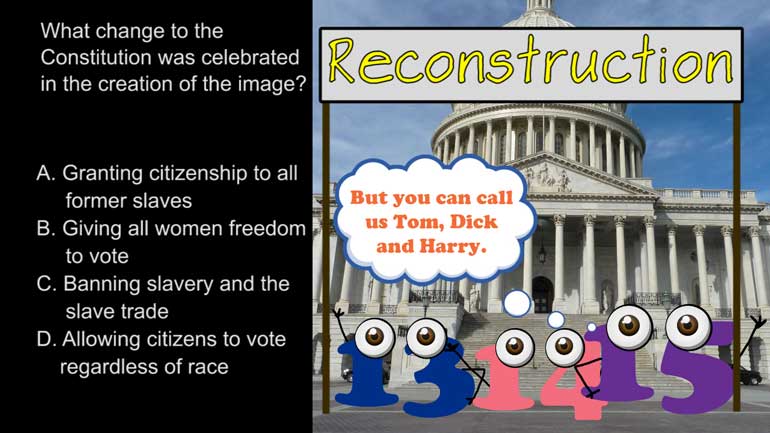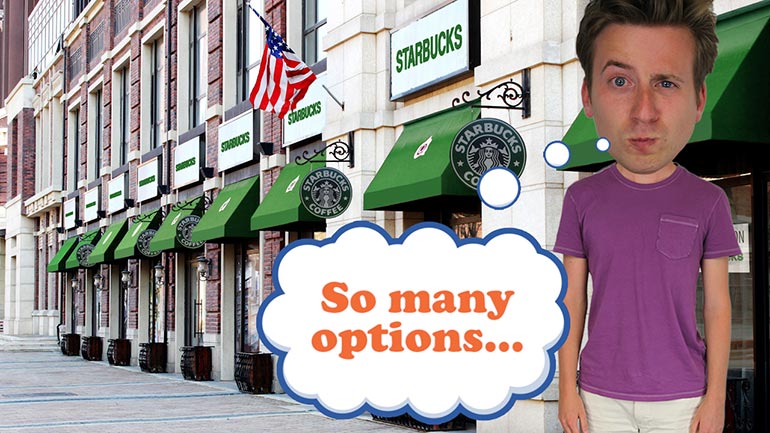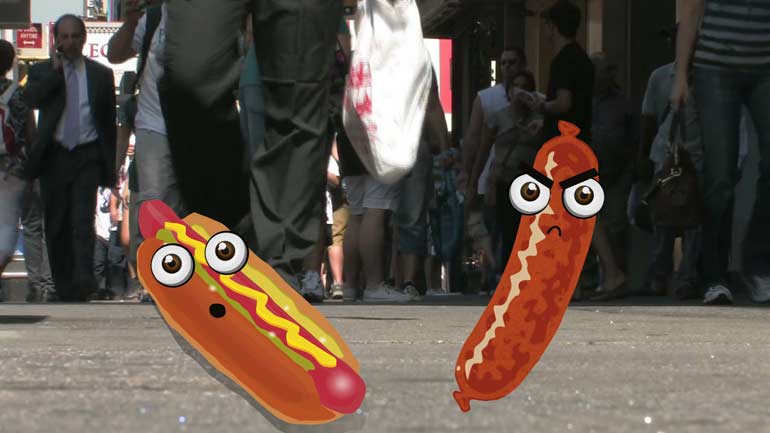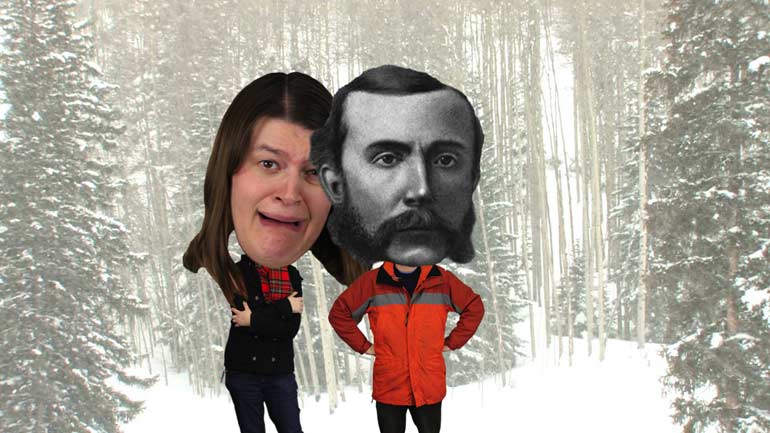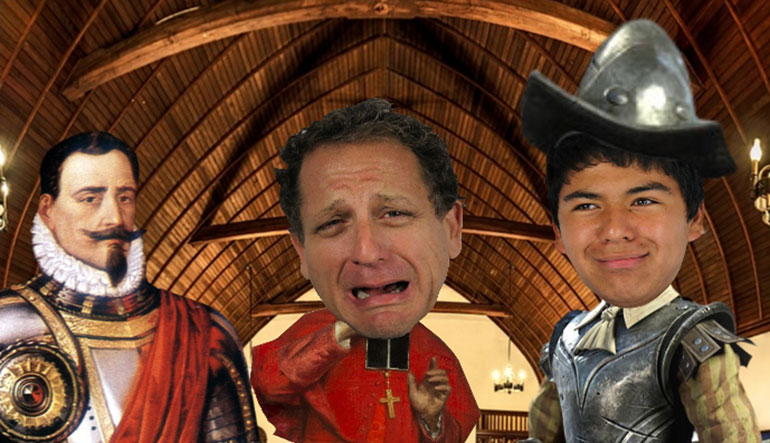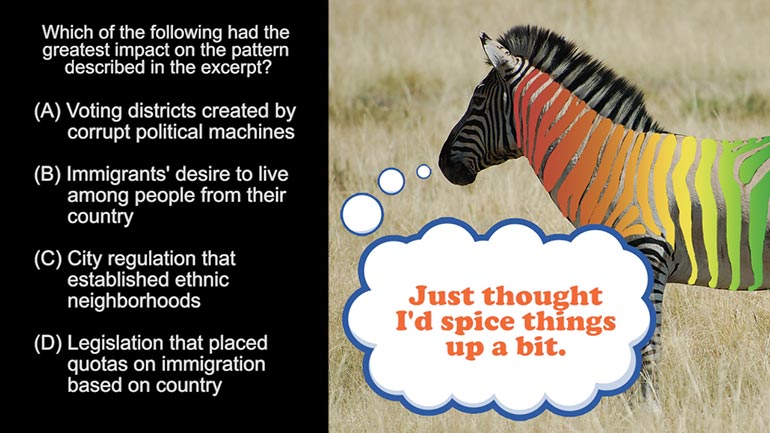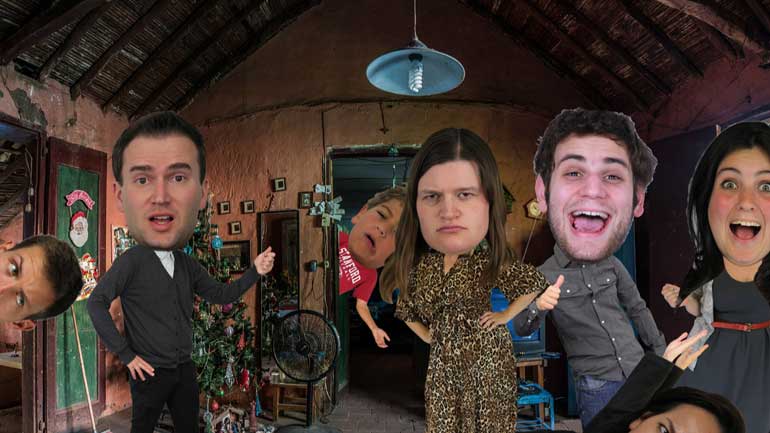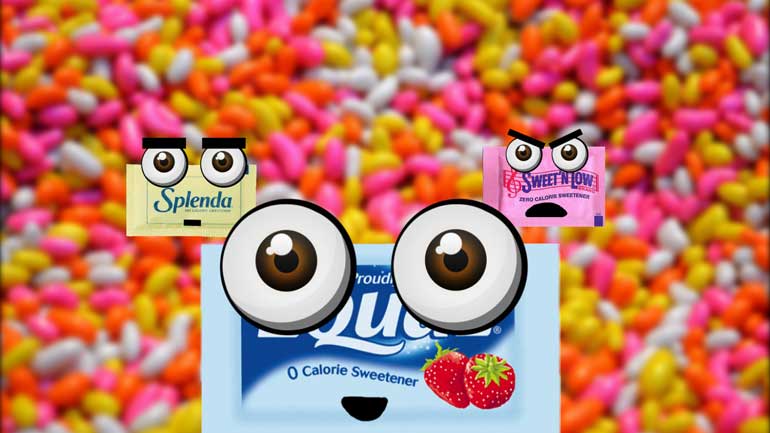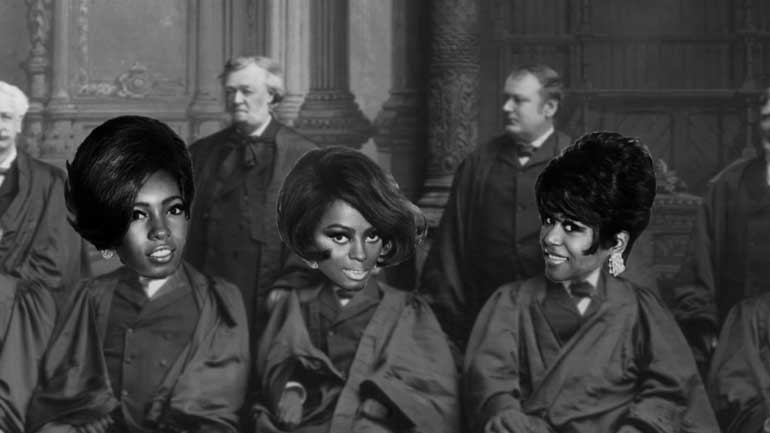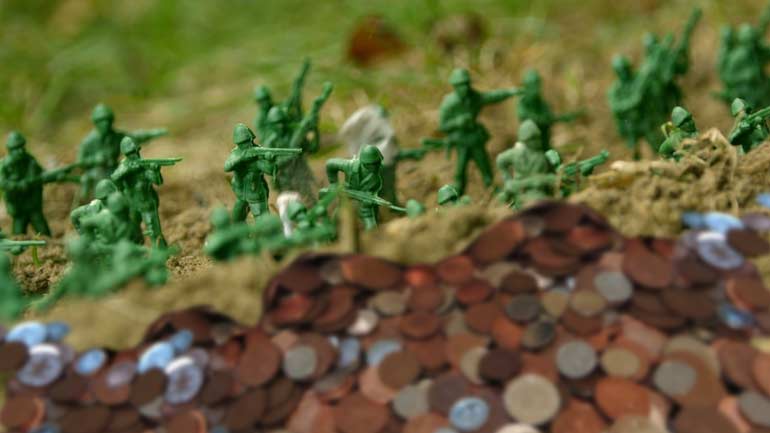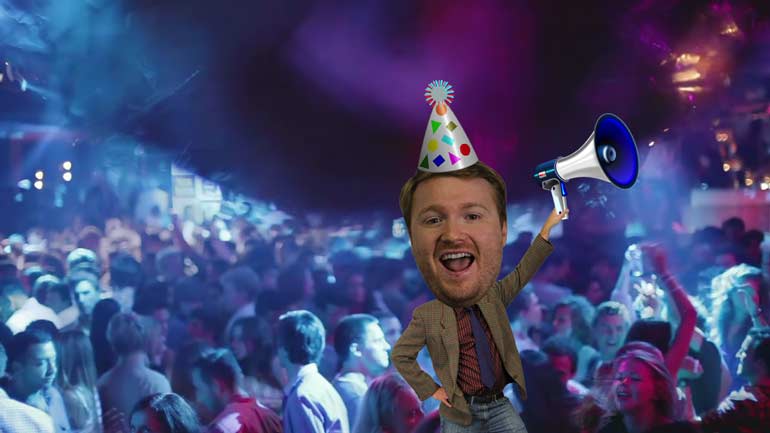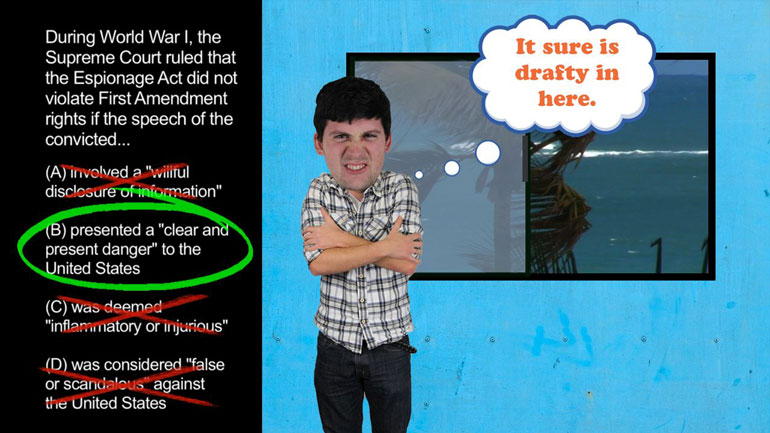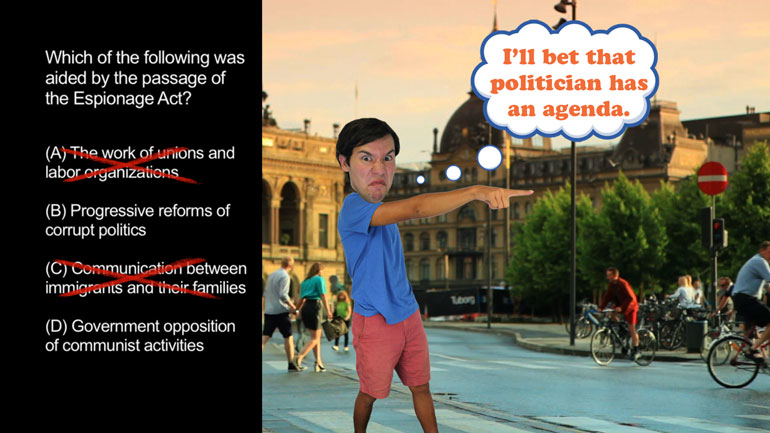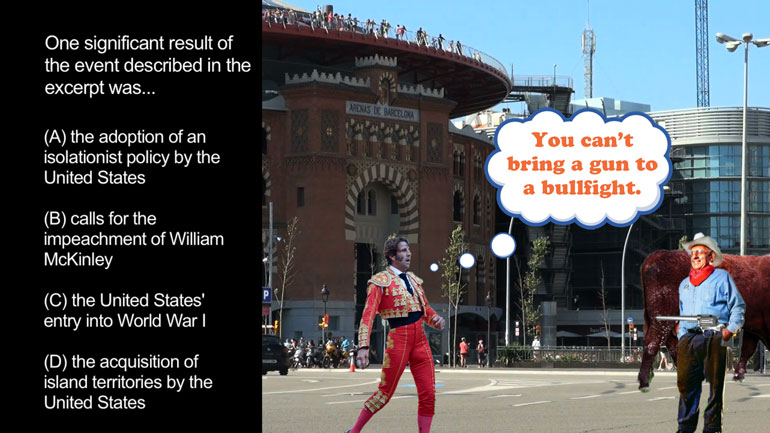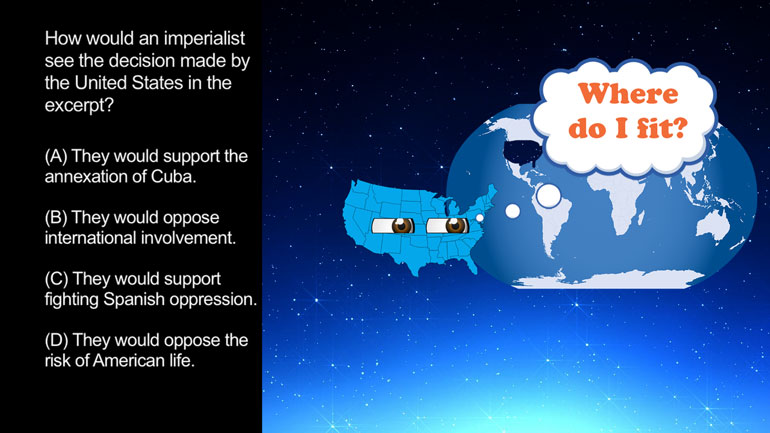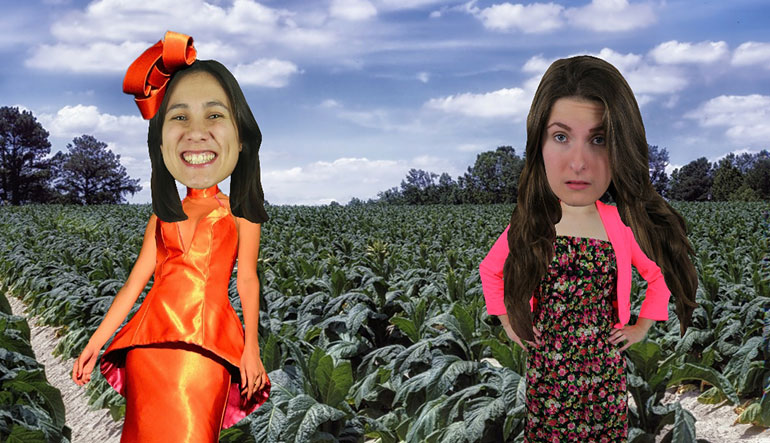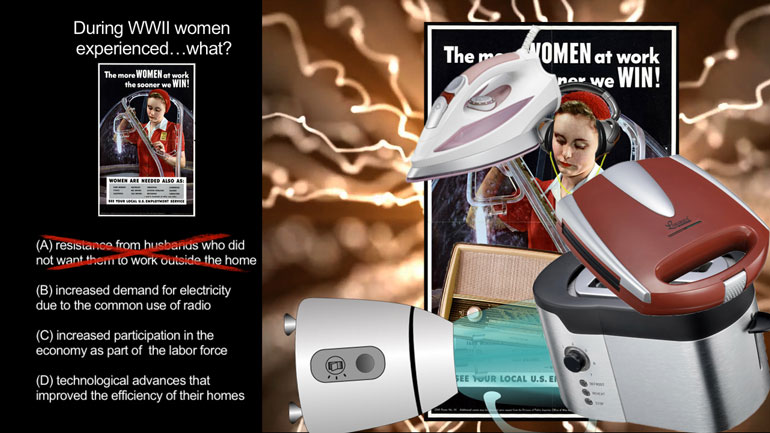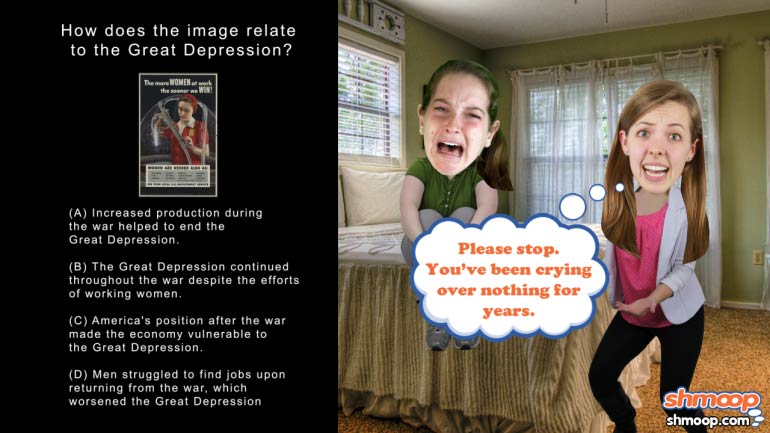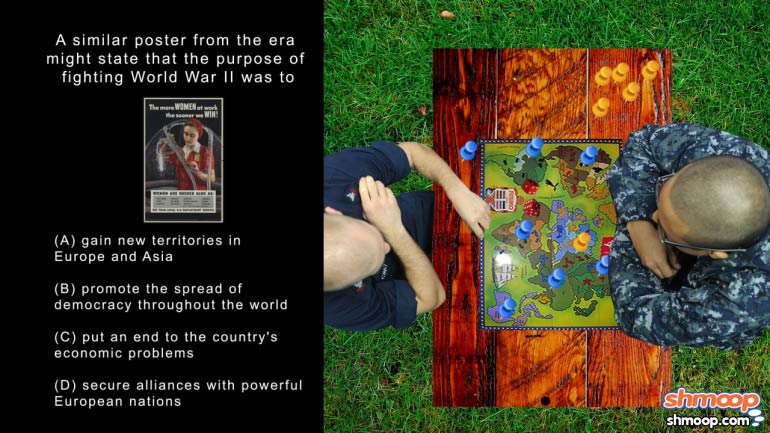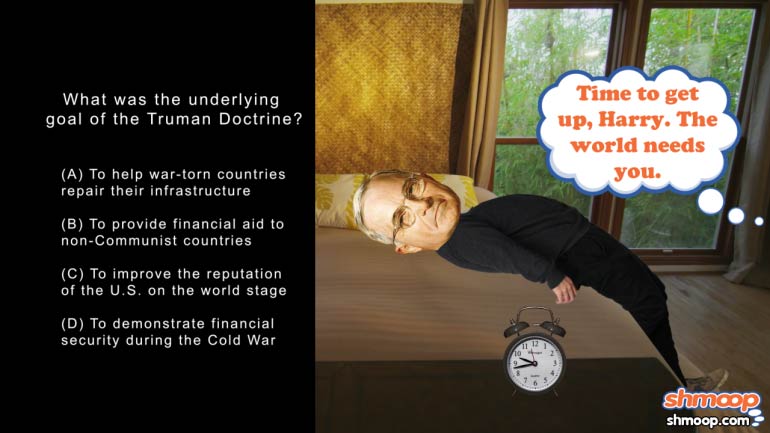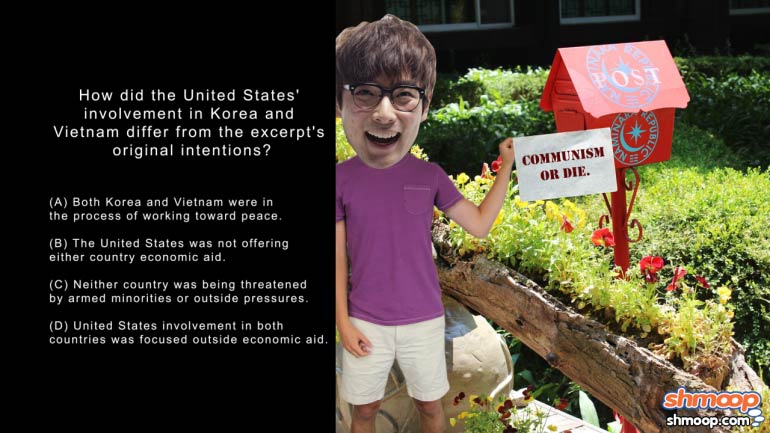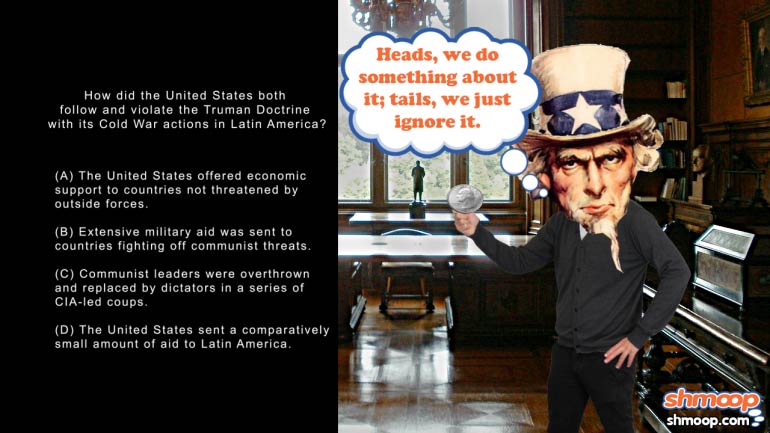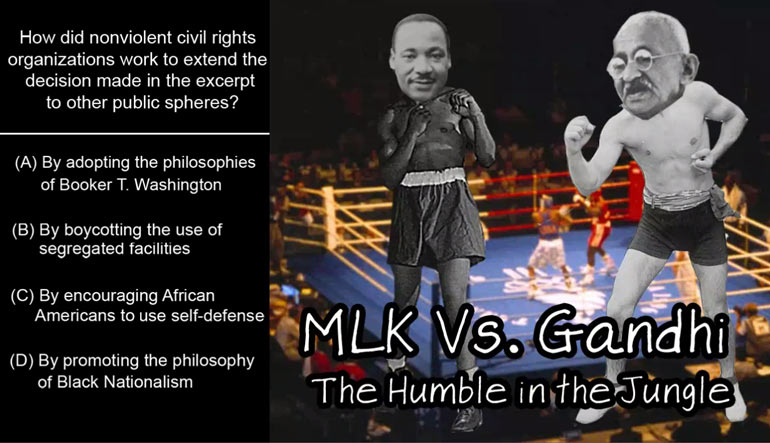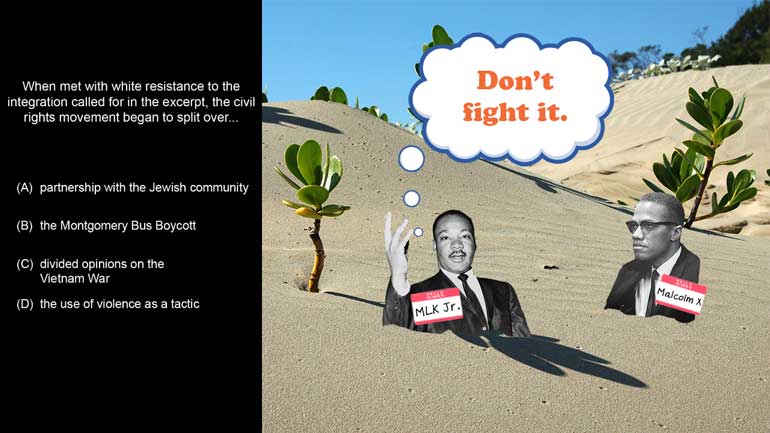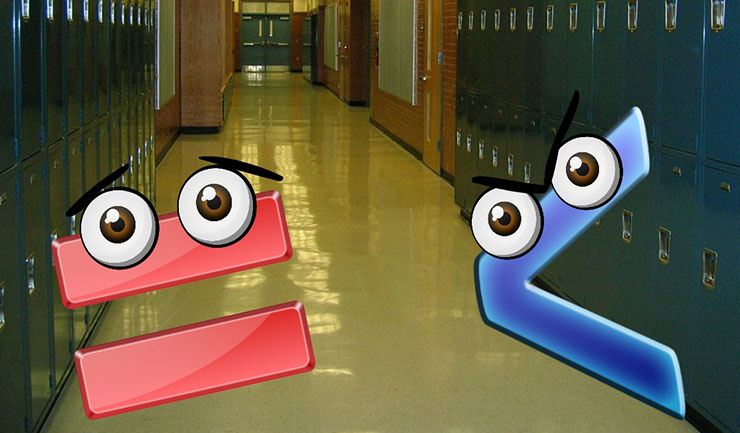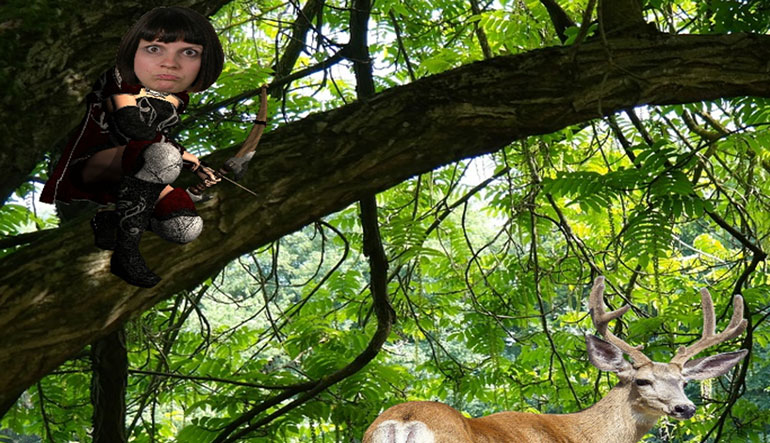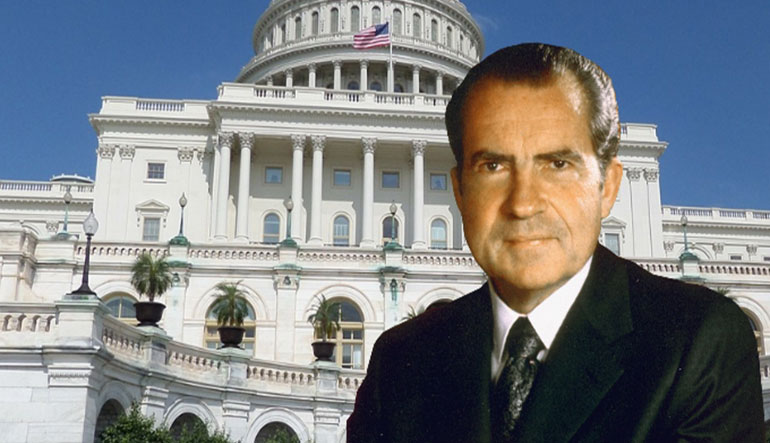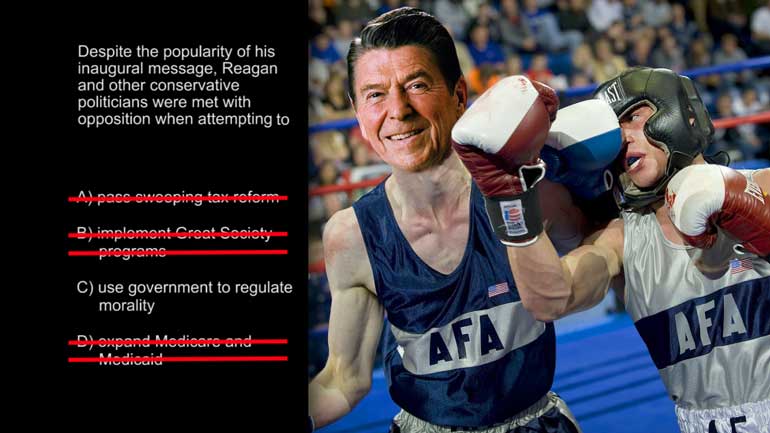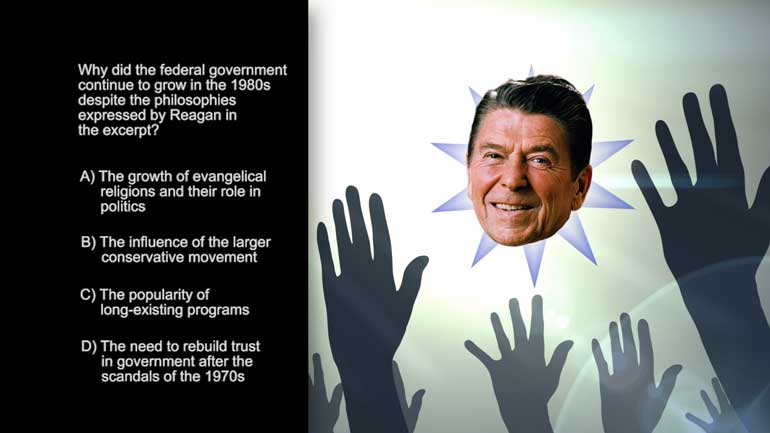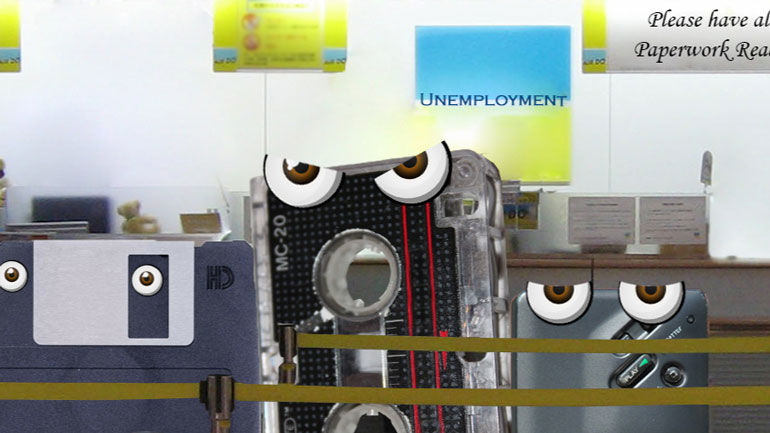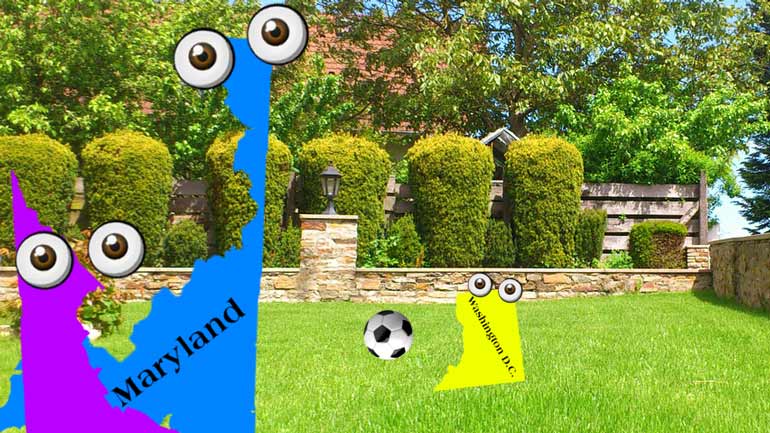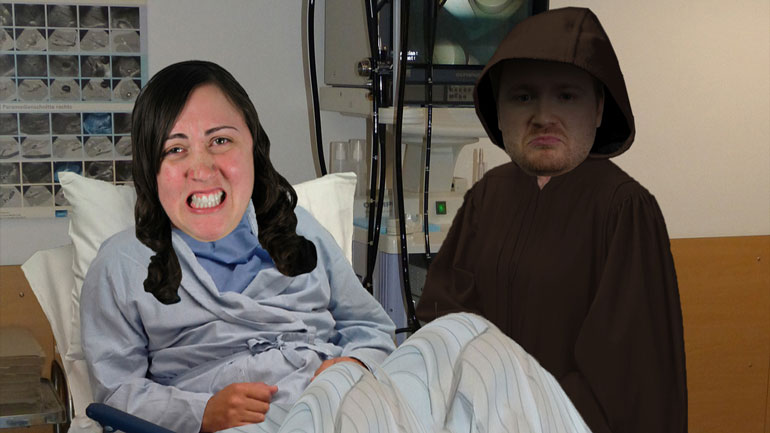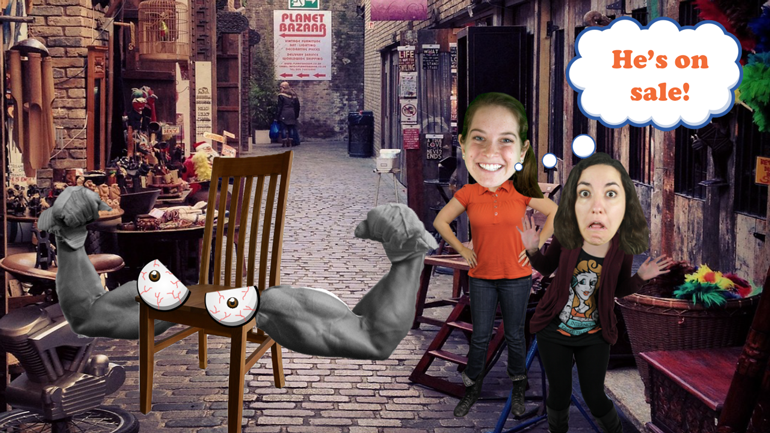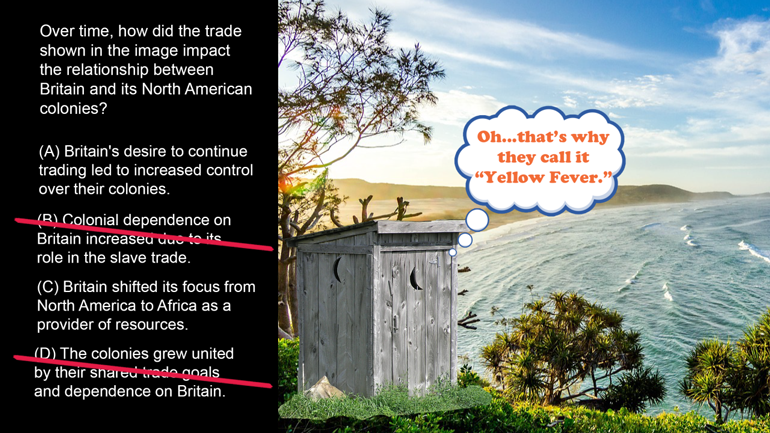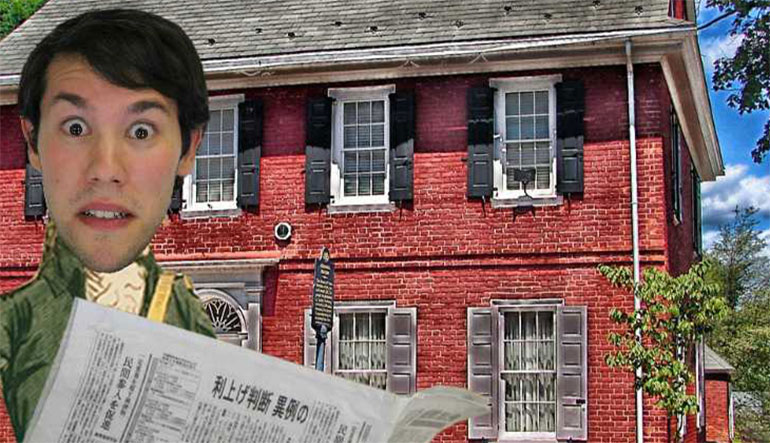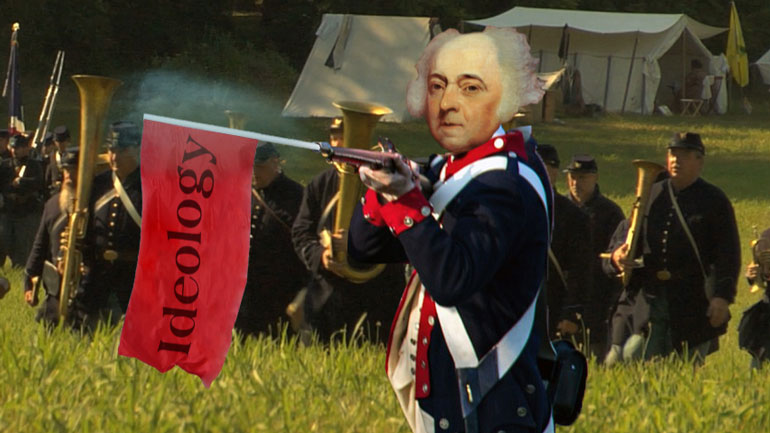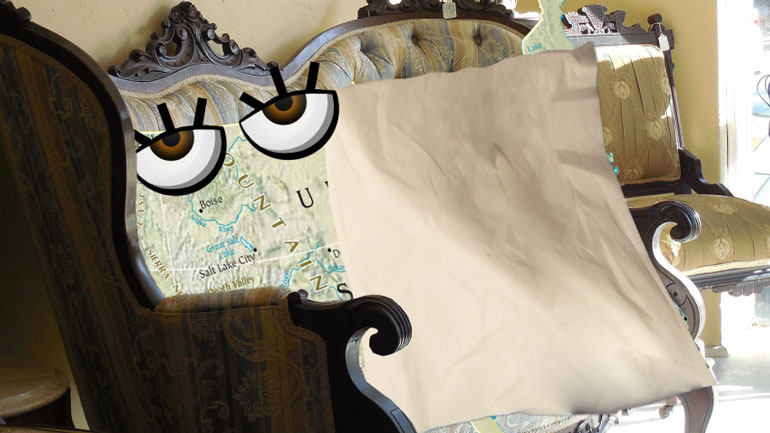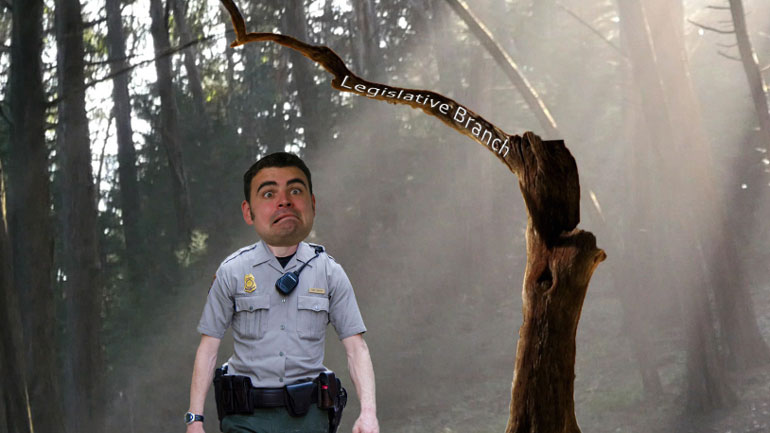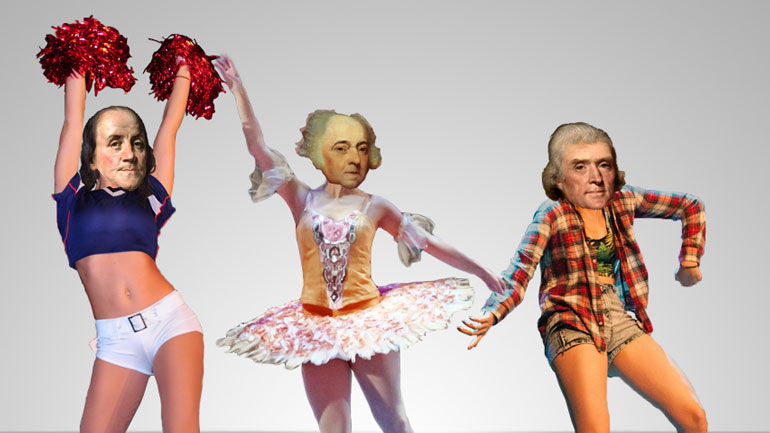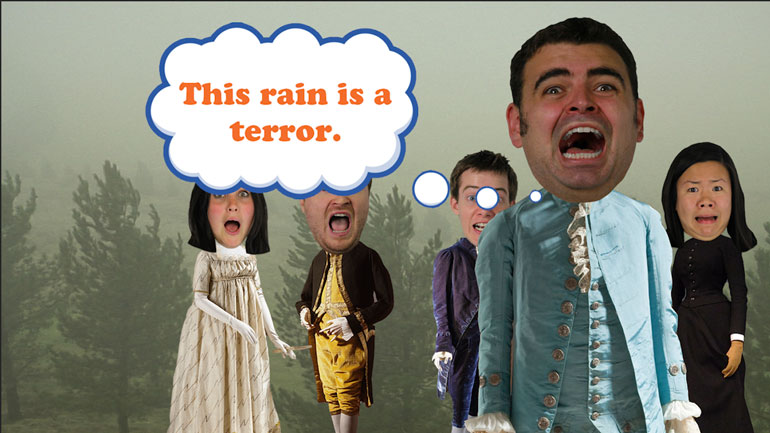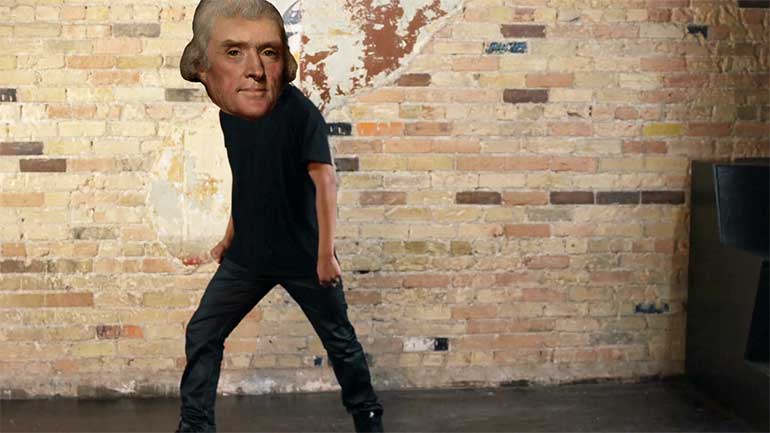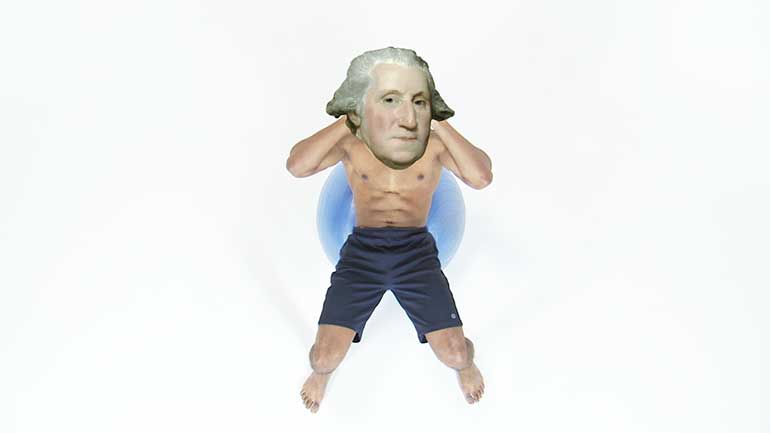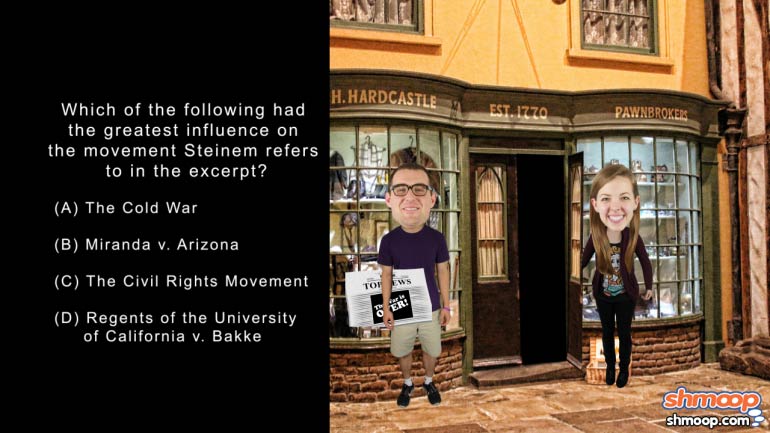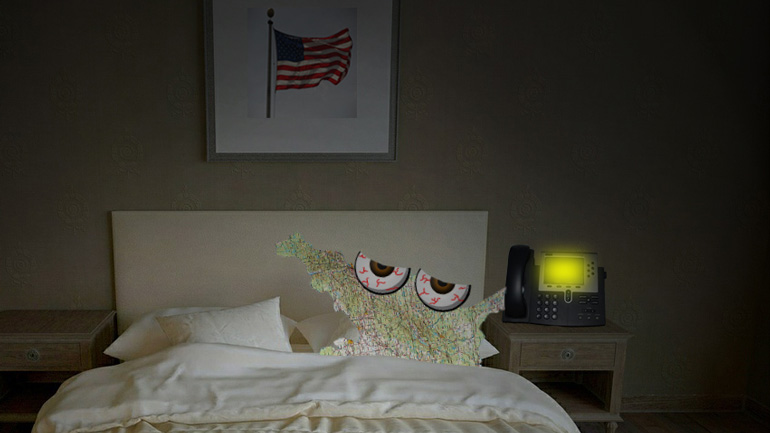ShmoopTube
Where Monty Python meets your 10th grade teacher.
Search Thousands of Shmoop Videos
AP U.S. History Videos 167 videos
AP U.S. History 3.1 Period 2: 1607-1754. Which of the following contributed most directly to the process seen in the image?
AP U.S. History Period 1: 1491-1607 Drill 3, Problem 2. The cultivation of maize, depicted in the image, also played a significant role in which of...
AP U.S. History 3.2 Period 4: 1800-1848. The goals presented in the excerpt have the most in common with which of the following?
AP U.S. History 4.4 Period 1: 1491-1607 11 Views
Share It!
Description:
AP U.S. History 4.4 Period 1: 1491-1607. Which of the following would have contributed most directly to the population growth in Europe after 1650?
Transcript
- 00:00
Thank you We sneak and here's your shmoop du jour
- 00:05
brought to you by baby booms events usually followed by
- 00:09
a swift diaper change All right take a look at
- 00:12
the chart right there And now for our question Which
- 00:15
of the following what have contributed most directly that the
Full Transcript
- 00:17
population growth in europe after sixteen fifty and hear your
- 00:21
potential answers with the match dot com is not one
- 00:24
of them All right well so for some reason europe
- 00:28
suddenly became a baby making factory after sixteen fifty maybe
- 00:32
there was a particularly successful seventeenth century tour by marvin
- 00:35
gaye Or uh well maybe there was some other reason
- 00:38
so let's start by taking a look at option a
- 00:40
technology was steadily improving but it didn't directly affect population
- 00:44
growth We'll have to wait for a literal baby making
- 00:47
factory for that To be true we can also eliminate
- 00:49
choice d trade with china brought lots of great things
- 00:53
like porcelain noodles and cookies that predict your future While
- 00:57
actually modern fortune cookies were invented by japanese american in
- 01:00
san francisco around nineteen hundred qianjin beside the point is
- 01:03
that nothing coming out of china back in the sixteen
- 01:06
Fifties was boosting europe's baby crop option c isn't the
- 01:11
worst guest we've ever seen the fact that europe was
- 01:14
getting steadily wealthier by robbing the new world definitely didn't
- 01:17
put a damper on the baby boom but most of
- 01:19
that wealth wasn't exactly trickling down to the baby making
- 01:22
mass is it's not like the king's everywhere were going
- 01:24
around giving their subjects bags of gold and telling them
- 01:27
tio you know get busy procreate that would be pretty
- 01:31
creepy actually Anyway answer b is what we're looking for
- 01:34
Whether it was the arrival of spuds to the emerald
- 01:36
isle or that happy introduction of tomatoes to pasta in
- 01:40
italian kitchens the new world introduced new foods to the
- 01:44
old world Well sure it made life for europeans more
- 01:47
delicious but it also offered enough new nutritional staples to
- 01:51
spark a baby boom and by spark a baby boom
- 01:54
We don't mean that all the babies exploded that wouldn't
- 01:57
have grown the population very much at all What it
- 02:00
Well that it also be a pretty grim way to
- 02:01
end this video so there's a picture of a kitten 00:02:04.74 --> [endTime] better good true
Related Videos
AP U.S. History Exam 2.48. Which of the following had the greatest influence on the movement Steinem refers to in the excerpt?
The appeal of city living has always been strong. Can you figure out why new immigrants chose to live in big cities? Hint: they weren't trying to b...
AP U.S. History Exam 2.54. Given the excerpt, many critics of the war on terrorism believed that...what?
AP U.S. History Exam 2.43. The problem depicted in the image led to the creation of...what?
Take a look at this sweet question about Equal rights. ...Oh. It's not about the sweetener? Gotcha. Check it out anyway and see if you can find out...
